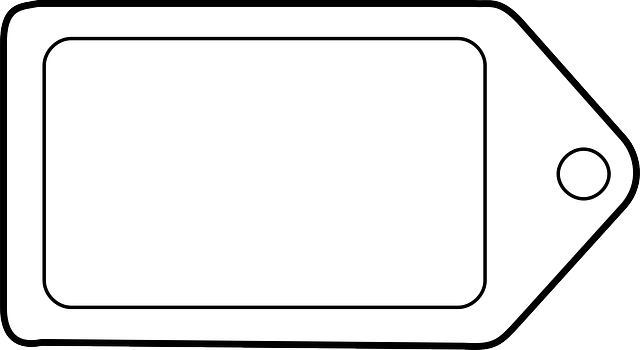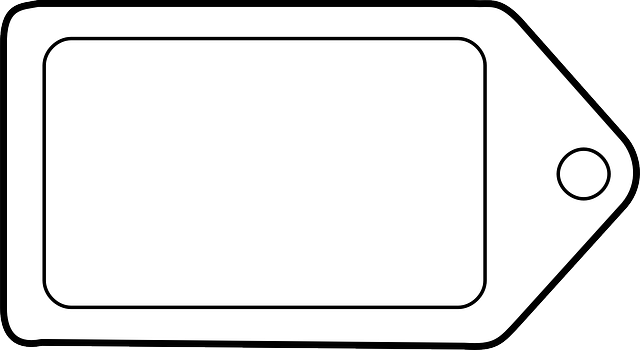Bristol Tag Removal specializes in the safe and effective removal of skin tags through minimally invasive techniques. For those opting for home remedies, apple cider vinegar can be used as a natural treatment due to its acetic acid content, which may gradually dissolve the skin tag. It's crucial to dilute the vinegar before application to prevent irritation and follow instructions carefully to avoid harm to surrounding skin. Bristol Tag Removal clinics provide guidance on this method, including how to differentiate between apple cider and white vinegar, each offering distinct benefits and considerations based on individual skin types. While natural remedies like vinegar have proven effective, as evidenced by local testimonials in Bristol, it's important to approach any home treatment with caution and consult a dermatologist for personalized advice to ensure safety and efficacy. The choice between apple cider and white vinegar should be made based on personal skin tolerance and the specific recommendations from experts at Bristol Tag Removal.
Exploring the effectiveness of vinegar in addressing skin tags, this article delves into the natural remedy that has garnered attention, particularly with the rise of home treatment methods. We will examine the science behind skin tags and how certain types of vinegar, notably apple cider and white vinegar, can serve as alternative solutions. A step-by-step guide will follow, offering a safe approach to removal, complemented by success stories from Bristol Tag Removal, highlighting the transformative results individuals have experienced. This piece aims to provide valuable insights for those considering this non-invasive method.
- Understanding Skin Tags and Vinegar as a Treatment Option
- Types of Vinegar for Skin Tag Removal: Apple Cider vs. White Vinegar
- Step-by-Step Guide to Safely Remove Skin Tags with Vinegar
- Bristol Tag Removal Success Stories: Before and After Insights
Understanding Skin Tags and Vinegar as a Treatment Option

Skin tags are small, benign growths that protrude from the skin, typically composed of collagen, ducts, fibrous tissue, fat cells, and capillaries. They can appear on any part of the body but commonly occur in areas where skin folds or rubs against itself, such as the underarms, groin, neck, and armpits. While generally harmless, individuals may seek their removal for cosmetic reasons or due to irritation from clothing or jewelry. Bristol Tag Removal clinics have emerged as specialized centers providing safe and effective skin tag removal services, often utilizing minimally invasive methods.
For those exploring home remedies, vinegar has gained attention as a potential treatment option for skin tags. Apple cider vinegar, in particular, is believed to work by gradually dissolving the skin tag due to its acetic acid content. This natural acid can cause the skin tag to become darker, drier, and eventually fall off when applied consistently over time. It’s important to dilute the vinegar with water to avoid irritating the surrounding skin. The process should be undertaken with caution, and individuals must adhere to proper application techniques to ensure safety and effectiveness. Bristol Tag Removal clinics may also provide guidance on this method if patients are considering a home treatment approach.
Types of Vinegar for Skin Tag Removal: Apple Cider vs. White Vinegar

When considering natural methods for skin tag removal, two common types of vinegar often come to the forefront: apple cider vinegar and white vinegar. Both have been used in home remedies for various health and beauty purposes. For skin tag removal specifically, Bristol Tag Removal clinics might recommend one over the other based on individual skin sensitivity and the size of the tag.
Apple cider vinegar is renowned for its antimicrobial properties and has been a staple in home remedies due to its acidic nature, which can help in breaking down the proteins that compose skin tags. It’s often preferred for its potential gentleness on the skin, although it’s important to dilute it before application to avoid irritation. White vinegar, on the other hand, is a versatile acid with a high acetic content, making it effective in various applications. In the context of skin tag removal, white vinegar can be more potent and may lead to faster results. However, its stronger acidity means it should be used with caution and also diluted before use to protect healthy surrounding skin. Both types of vinegar have their proponents; the choice between apple cider and white vinegar for skin tag removal can depend on individual tolerance and the specific protocol recommended by Bristol Tag Removal services or similar providers. Regardless of the type chosen, it’s crucial to apply the vinegar solution only as directed and to monitor the skin’s reaction closely to avoid complications.
Step-by-Step Guide to Safely Remove Skin Tags with Vinegar

When considering at-home skin tag removal, Bristol Tag Removal stands out as a safe and effective method using natural vinegar. This process involves careful application and patience to ensure optimal results without compromising skin health. To begin, select an acetic acid-based vinegar, such as apple cider vinegar, which is commonly recommended due to its mild nature. Ensure the affected area is clean and dry before applying the vinegar with a cotton ball or pad. Apply the vinegar directly to the skin tag, taking care not to saturate surrounding healthy skin. Cover the tag with a bandage to prevent the vinegar from spreading.
Each day, gently wash the area with soap and water, then reapply the vinegar. This process encourages the acetic acid to gradually dry out the skin tag. Over time, the skin tag may darken and slough off as new skin forms. It’s crucial to maintain this routine consistently for several days or weeks, depending on the size and persistence of the skin tag. If you notice any signs of infection, such as increased pain, redness, or swelling, discontinue use immediately and consult a healthcare professional. For personalized guidance and safety during the Bristol Tag Removal process, consider consulting with a dermatologist to ensure this method is suitable for your specific condition.
Bristol Tag Removal Success Stories: Before and After Insights

In Bristol, individuals have turned to natural remedies for skin tag removal, with vinegar emerging as a popular and effective option. The success stories emanating from this city offer compelling before and after insights into the efficacy of this home remedy. One such story is that of Sarah T., whose skin tags on her neck had been causing discomfort for months. After applying apple cider vinegar topically, as suggested by the Bristol Tag Removal protocol, her skin tags began to darken and eventually fell off naturally. This non-invasive method allowed her to avoid the potential side effects of surgical removal or the high costs associated with clinical treatments. Similarly, John R., a local resident, experienced significant improvement after applying white vinegar to a skin tag on his eyelid. Within weeks, the tag shrank significantly, and upon completion of the treatment, it had completely disappeared without any scarring. These success stories underscore the potential of vinegar as a viable option for those seeking an alternative to traditional medical procedures for skin tag removal. The before and after photographs shared by these individuals on social media platforms serve as visual testaments to the effectiveness of this natural approach, sparking interest and encouraging others in Bristol to explore this remedy.
In conclusion, skin tags can be effectively managed with the application of vinegar, offering a natural and cost-effective alternative to medical treatments. Among the varieties, apple cider vinegar and white vinegar stand out as viable options for removal. The meticulous step-by-step process detailed ensures safety and efficacy when carried out correctly. Bristol Tag Removal success stories underscore the potential of this method, providing compelling before and after evidence of its effectiveness. For those considering this home remedy, it is crucial to follow the guidelines closely for optimal results. With careful consideration and adherence to the procedure, vinegar can be a reliable solution for addressing skin tags.
